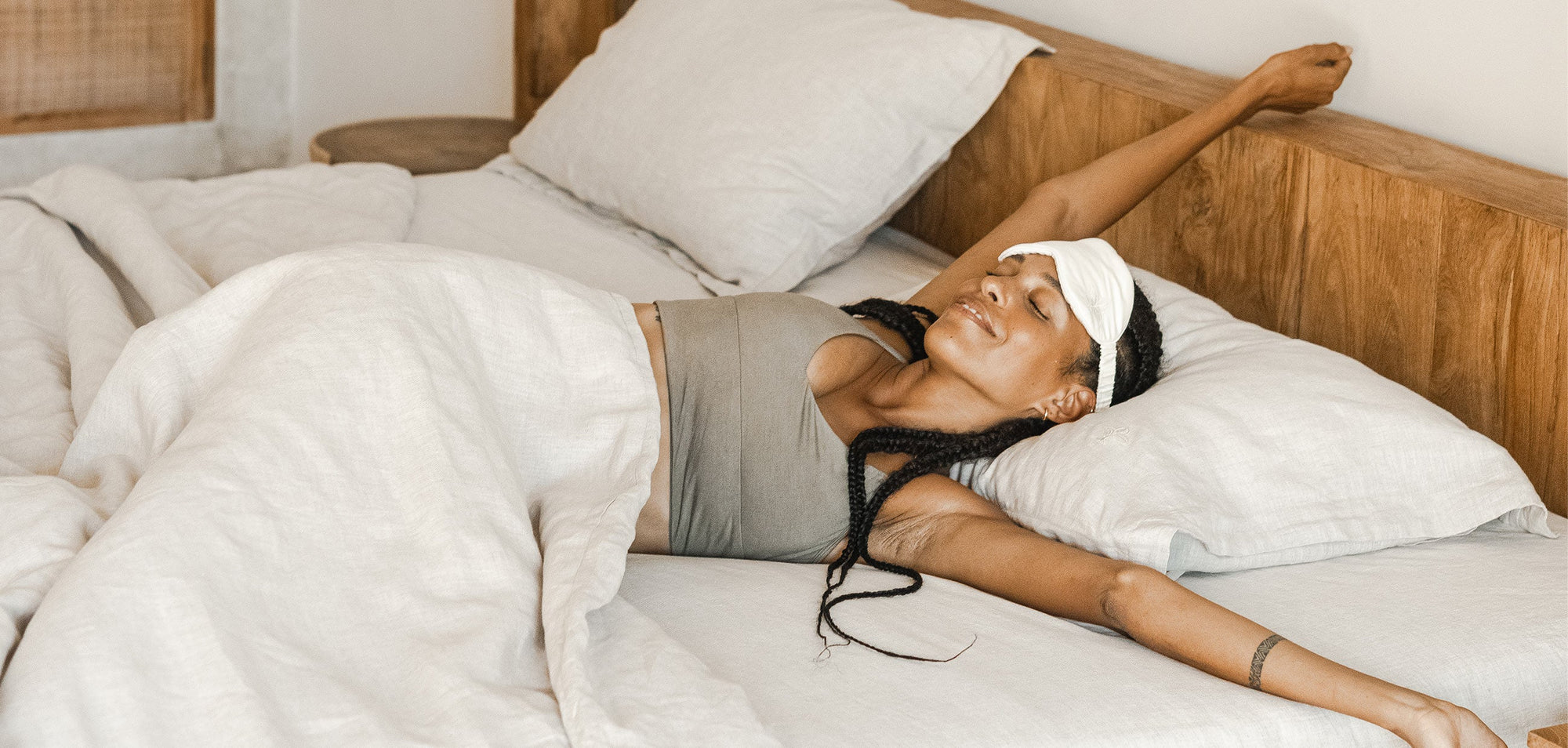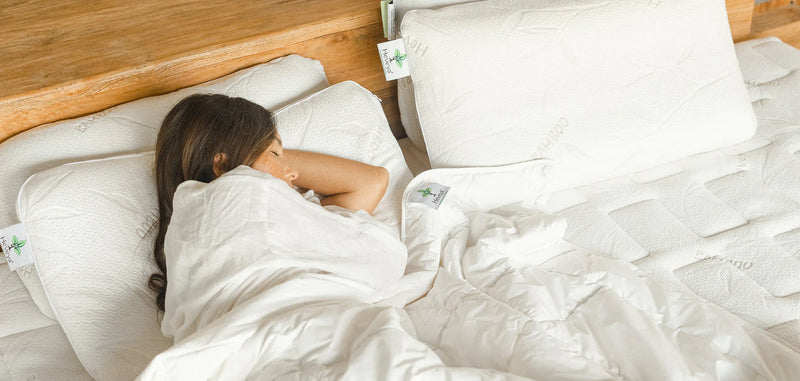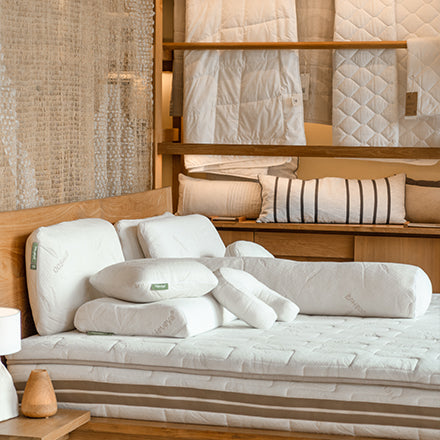Get yourself a good night’s sleep
The way you feel during the day depends on how you sleep at night. Therefore, good sleep strategies are essential for a deep, restorative sleep, night after night. Here are some tips to induce a restful sleep:
-
Create a sleep-conducive environmentKeep noise level to a minimum and your bedroom dark and cool. Your sleeping environment should establish the conditions that you need for sleep. You may also want to use sleeping aids like blackout curtains, eye shades, ear plugs, "white noise," humidifiers, fans and other devices.
-
Sleep on a good mattress and pillowsYou should have a good mattress to support your body throughout the night and enough room to stretch and turn comfortably. If you often wake up with a backache or an aching neck, you should invest in a good new mattress and pillows.
-
Keep a regular sleeping scheduleGo to bed at the same time every night and wake up at the same time every day. This sets the “body’s clock" to expect sleep at a certain time night after night.
-
Create a regular and relaxing bed time routine
Ease the transition from wake time to sleep time with relaxing activities an hour or so before bed. Take a bath, read a book, listen to soothing music or practice relaxation exercises. Avoid stressful, stimulating activities. -
Naturally regulate your sleep-wake cycle
Melatonin is a hormone that helps control your sleep- wake cycle and its production is controlled by light exposure. To ensure you stay alert during the day and sleepy at night, you should let as much light into your home/workspace as possible during day time. This way, the melatonin production is boost at night to make you sleepy.
-
Go to sleep when you’re truly tired
If you’re not asleep after 20 minutes, get out of bed and do a quiet, non-stimulating activity, like reading or listening to music until you are tired enough to sleep. Try to avoid backlighted screens such as computers, TV and handphones as the light they emit is brain stimulating. -
Nap early
If you need to nap, opt for a short daytime nap. Late-day naps decrease sleep drive and cause a problem to become sleepy during the night. -
Have regular exercise
Exercise can help you fall asleep faster and sleep better. However, exercising right before going to bed will make falling asleep more difficult as it stimulates and makes the body more alert. Try to finish exercising at least three hours before bed. Late afternoon exercise is best to help you fall asleep at night. -
Eat the right amount
Stay away from big meals at night. Finish dinner several hours before bedtime and avoid foods that cause indigestion. -
Avoid alcohol, caffeine and nicotine before bed time
Many people think that alcohol will help them sleep. While it may make you fall asleep faster, alcohol reduces your sleep quality. It disrupts sleep as you’ll be more prone of waking up later in the night.Caffeine in coffee or tea can cause sleep problems up to ten hours after consumption. Consider eliminating caffeine after lunch.Nicotine is also a stimulant causing withdrawal symptoms, which reduce the quality of your sleep.






